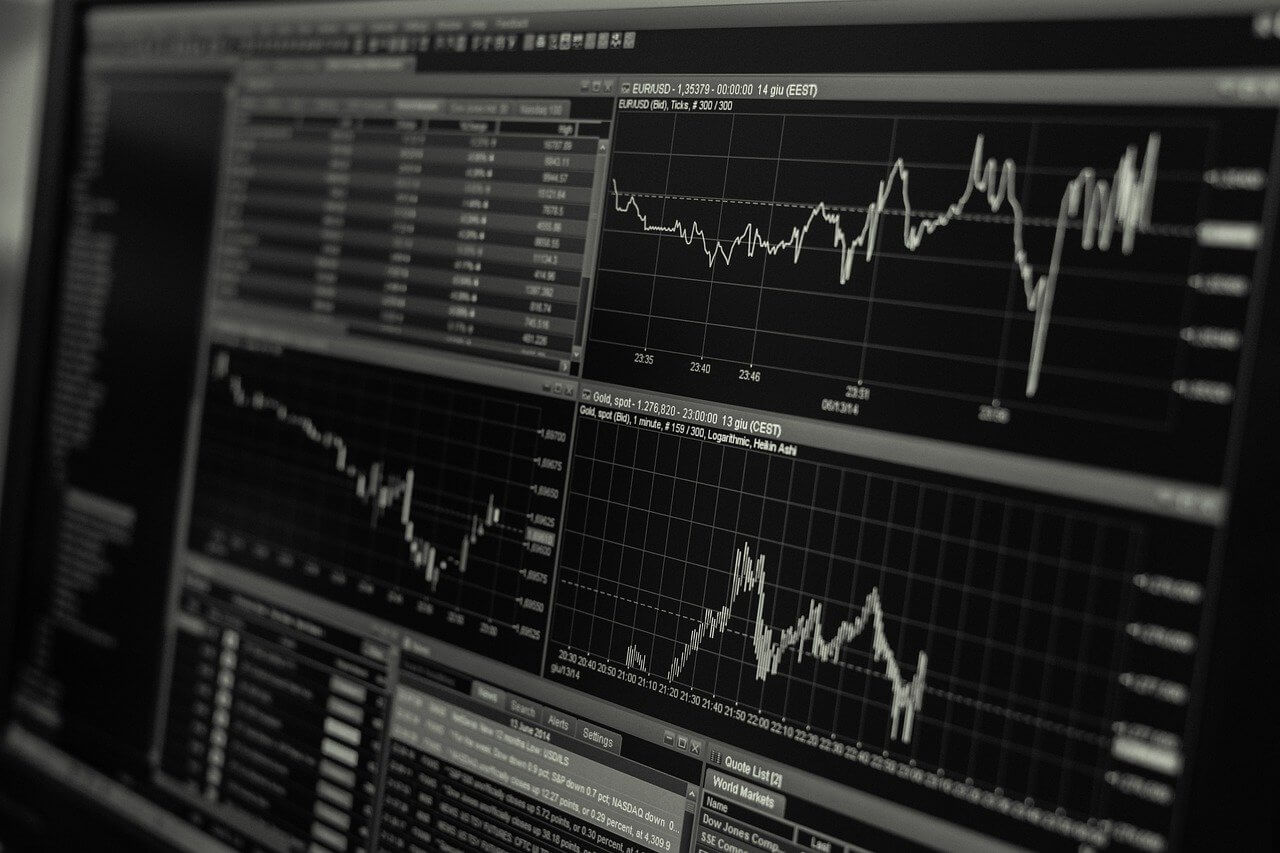In recent years, commodity trading has established itself as a formidable rival to the traditional investment vehicles that have traditionally been available. Some investors believe that trading commodities are less stressful than trading stocks due to the much lower volatility and more market predictability. Commodities trading offers various advantages to investors, including the opportunity to hedge against inflation, diversify an investor’s asset allocation strategy, get excellent leverage, and many more.
The fact that many commodities have a cyclical character, which means that their prices rise at the same time each year, is another reason investors believe that making money in this market is quite simple. Nevertheless, to achieve respectable returns from commodities trading—or any investment, for that matter—one must have the appropriate level of understanding. Below you get some of the most helpful recommendations ever compiled for trading commodities successfully in the commodity market.
Take Extra Care When Dealing With Leverage
In contrast to stock trading, commodities trading sometimes involves high leverage. The minimum down payment or margin must be met before a deal can be executed, referred to as leverage.
When searching for advice on the commodities market, investors often find themselves intrigued by leverage and join the market to make significant gains with a bit of initial investment. But leverage may be a dangerous double-edged sword if it isn’t used carefully and with prudence. While using leverage might multiply your earnings by a factor of many, it can also amplify the amount you lose (if the market goes in the opposite direction).
Accept The Uncertainty And Make The Most Of It
Trading in volatile markets is an inevitable element of the job. Suggestions on trading the commodities market that help you understand volatility and capitalise on it are likely among the most helpful tips available. Copper and agricultural products, for example, are two examples of commodities that are very variable. Other types of commodities, however, are not as volatile (such as gold, crude oil, etc.).
To turn volatility into an ally in your trading endeavours, you need to grasp the more significant trend and the price range of the commodity you want to trade. In addition, whenever you trade a commodity, you must choose the appropriate lot size.
Beginner traders often base their decision on the amount of available margin when selecting the lot size. However, experienced investors always consider the asset’s volatility rather than the margin when deciding the lot size of a commodity. It is best to begin with commodities with a low degree of volatility before progressing to those with a higher degree of volatility. When you have a better understanding of how prices fluctuate, the advice on the commodities market that your broker gives you will make more sense.
Conclusion
The advice that the broker is the most critical aspect of the commodities trading market to consider is also among the most underestimated commodity market suggestions you may read on the internet. When calculating the potential gains from trading in commodities, the function of a broker is among the most important. For instance, if the broker’s web platform is sluggish, the order execution can be delayed. In addition, if the brokerage fee is excessively high, your actual profit may be lower. To your good fortune, most internet brokers will allow you to trade with no commission and register a free online account. Reading the blogs posted on their website is another excellent way to educate yourself on the subject of commodities.




